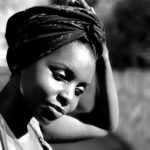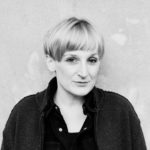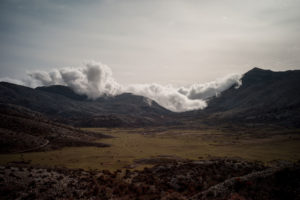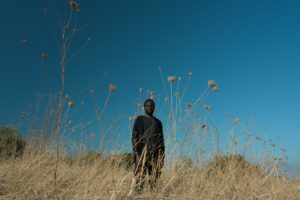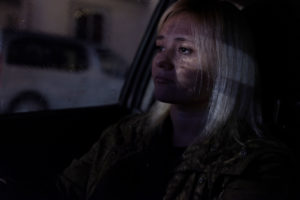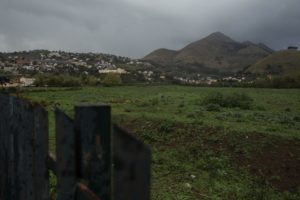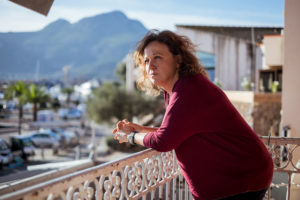It wasn’t until I left Kenya for Cyprus that I came to truly understand what ‘in-between’ meant. As a student in the Turkish Republic of Northern Cyprus I’ve come into contact with the daily struggles of the African immigrants on this strange no man’s land: isolated from the world by the blue waters of the Mediterranean, separated from Europe by the ‘Green Line’.
It was a cold Sunday morning when I hugged and kissed goodbye to my family at the Jomo Kenyatta International Airport, Nairobi. My sister was a few weeks short of giving birth. She stood there heavy, in the arms of her expectant husband, her body contours rounded and gently swelling. For a moment, I wished I could stay longer to help with the baby. Motherhood, especially for the first time, is a family affair in Kenya. I observed my mum’s eyes: if she’d blinked, tears would have flown out. Instead, she was staring straight into the distance. I squeezed my hand loose from her grasp and hurriedly headed-off towards the terminal. I was 31-years-old and leaving for Europe. At least, that’s what I’d thought.
Until then, I hadn’t lived outside of Kenya for longer than two consecutive months. I was raised in a small town in a middle-class family with a very hardworking mum, and a dad serving in the army. A decade ago we all moved to Nairobi, the only capital in the world hosting a National Park. It’s a city where wild animals like leopards and lions frequently find their way onto the housing estates and highways.
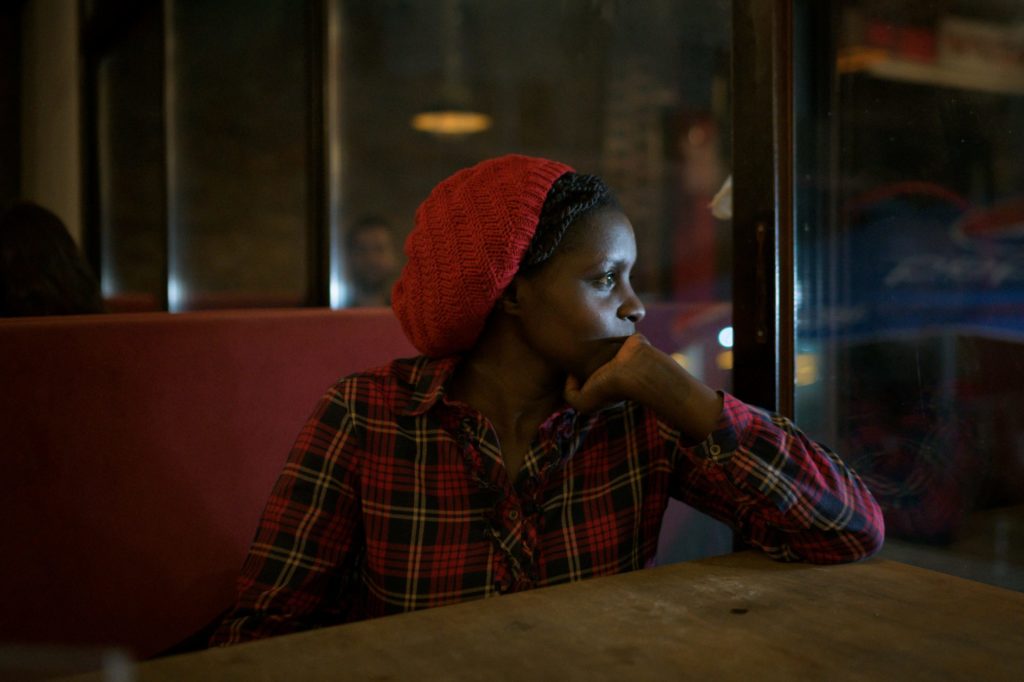
Though exciting and beautiful, I found it overpopulated and too expensive. I used to work as a communications officer for a local NGO but I wasn’t really happy. I always dreamt of becoming a writer, of telling stories and travelling. After five unfulfilling years, I decided to quit. Back in 2014, online jobs were the new ‘in-thing’ in Kenya and I was optimistic that I could work as a freelance journalist. I soon understood that earning $10 for a thousand-word article wouldn’t be enough to make a living.
Like many people of my generation, I found life in Kenya challenging due to the unstable economy, corruption and security concerns. Kenya has paid a high price to Islamic terrorism in recent years. There have been several major attacks, like that at the DusitD2 complex in 2019, the Westgate Mall shooting in 2013, or the United States Embassy bombings of 1998. The financial crisis of 2008 further crippled the economy, leaving many Kenyans – like millions of others across the world – without jobs. Many young people have been forced to leave in search of greener pastures abroad.
In September 2017, I too packed my bags and set off for Cyprus to join our last born sister, Kendi, who had left six months earlier in order to study. Europe seemed like the ultimate destination to me. I pictured a continent filled with skyscrapers and castles, adorned with both modern and ancient architecture. A land with an efficient, safe and effective transport system. But mainly a land full of opportunities for migrants.
Stories from relatives already abroad sounded promising. My cousin was undertaking a Masters in Film Business in London. Within a few months, she had found a part-time job as a waitress and then a proper position in a German film production company. During her free time, she visited cities like Amsterdam, Brussels and Paris, travelling across the continent easily. Strangely enough, moving around in Africa is difficult, especially for Africans. Unlike the Schengen system, there are visa requirements in some countries, so travelling doesn’t come cheap.
Full of hope, I first tried to apply for a tuition scholarship at a UK university, where the renowned Kenyan writer, Ngugi wa Thiong’o, was once a student. But I couldn’t raise the remaining money. At the same time, my sister was settling down well in Northern Cyprus and education there appeared to be cheaper. Neither did Northern Cyprus require Kenyan students to show proof of sufficient funds in their bank accounts.
I visited a specialised agency in Nairobi which supported me through the whole application process, without disclosing full information about the complicated political situation on the island. My agent guaranteed that I would be able to travel everywhere with a valid passport. My request to pursue a Masters in English Language Teaching was accepted by one of the 20 universities of Northern Cyprus.
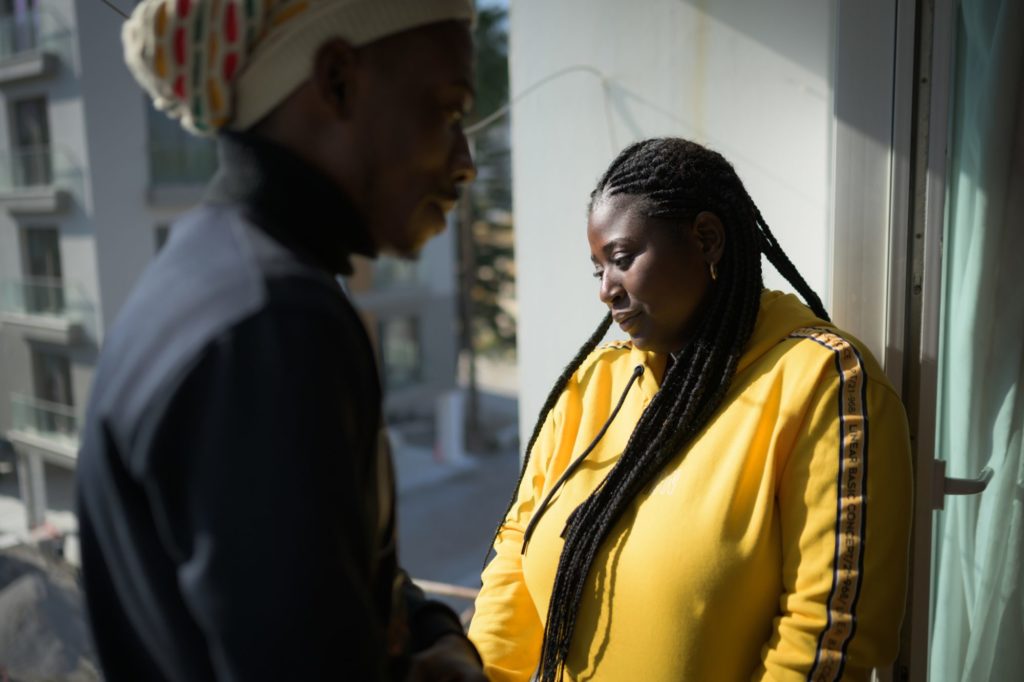
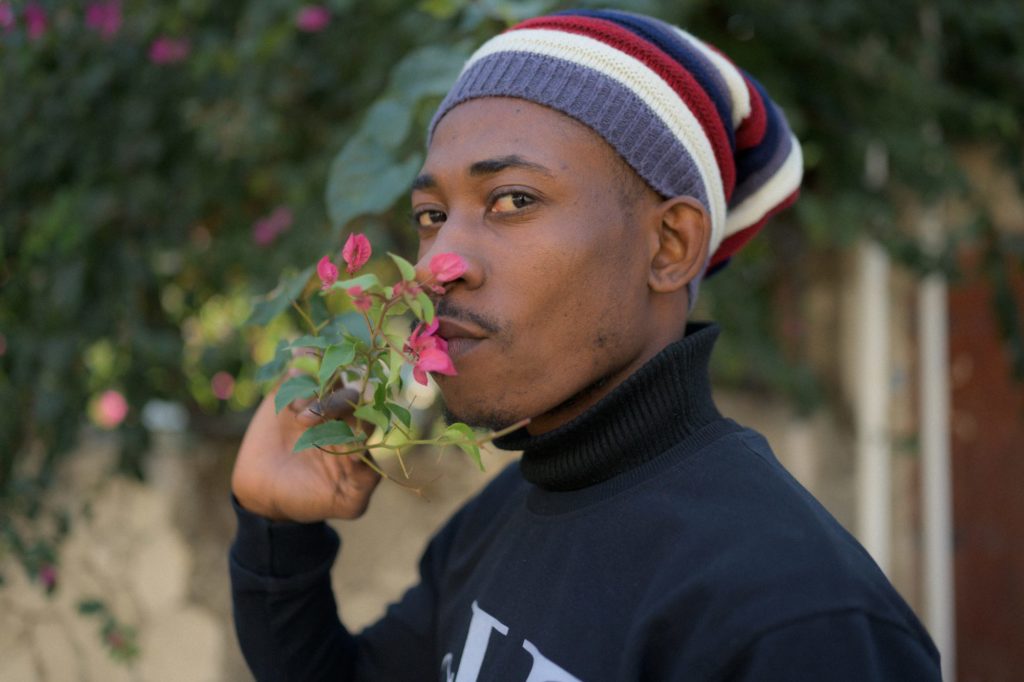
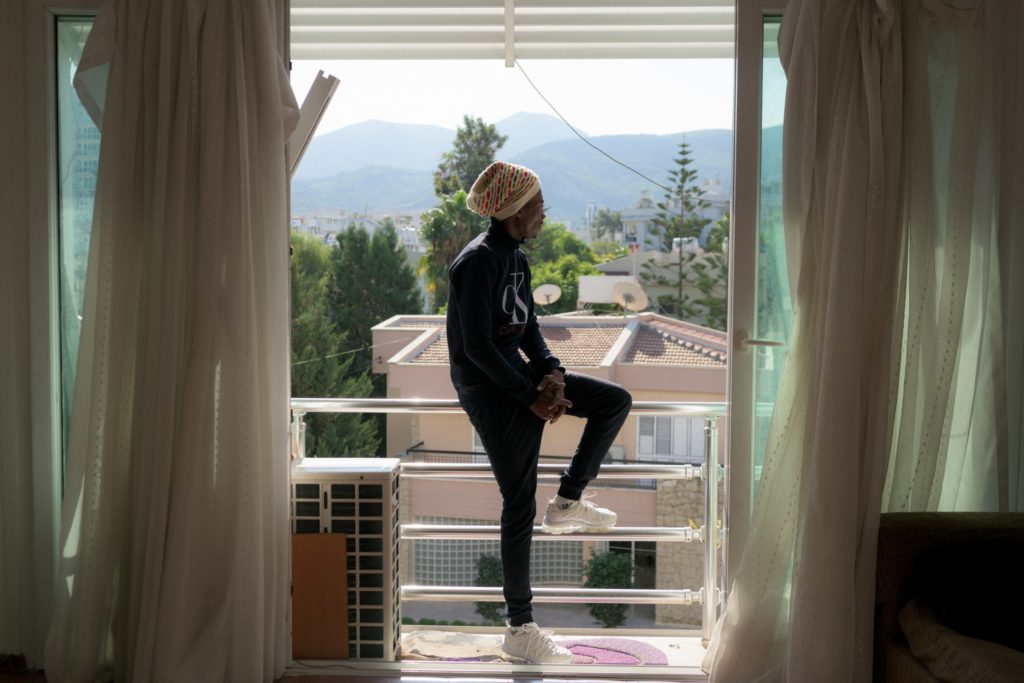
While preparing my departure, I started dreaming again. Once in Cyprus, how about visiting France? I’d learned French in high school and wanted to experience a culture that I’d only read about in books. Or even better, maybe Italy? As a Christian, going to the Pope’s land would be a true achievement. I knew my late grandmother, a devoted Catholic who even spoke Latin, would have loved it too.
On the plane I peeped out of the window into the blinding, early afternoon sun. The sky was bright. Below us, endless blue waters intertwined with the pale light of the horizon. The view of the Mediterranean Sea was glorious, but I couldn’t stop thinking about the people whose lives had been lost in these same waters.
Troubled waters
At the time of my departure, stories of migrants perishing at sea were being discussed worldwide. International and local cartels were making a fortune smuggling desperate African migrants into Europe. The lucky ones made it across. Thousands more were swallowed by the massive waves. I wondered why Western countries were so reluctant to host refugees, while they funded Kenya and Uganda to host migrants from neighbouring Sudan, Congo, Burundi, and Somalia. My home country Kenya used to be tolerant towards migrants, until the government announced its plan to close the Dadaab refugee camp in 2016 — one of the world’s largest refugee camps — citing “national security concerns.” This decision was later blocked by the High Court. Some refugees have been integrated into Kenyan society, though restrictions still bar many at the camp from leaving to seek work. Today, 217,108 registered refugees and asylum seekers are hosted in three camps run by the UN.
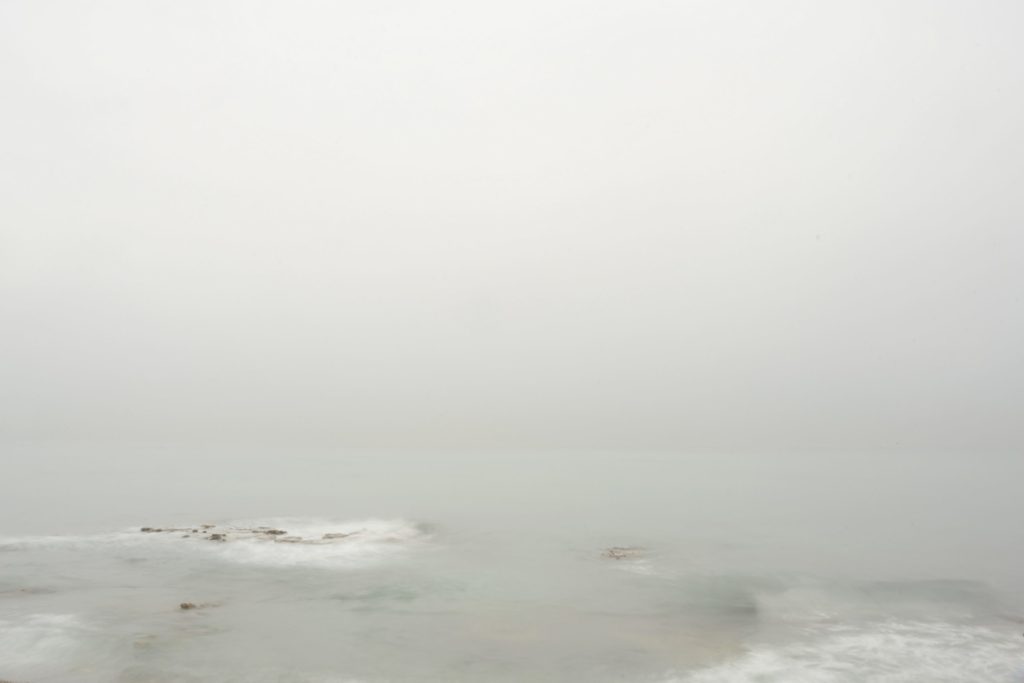
As the plane swept across what looked like an uninhabited land, I could see patches of trees, and a vast nothingness. The thin forest looked unnatural, reminding me of our dense ones back home. For a moment I missed Kenya. In my pre-teen years, I used to live in a village that was surrounded by a forest where we drove our cows and goats to graze. Once in a while, wild animals including cheetahs and elephants invaded our farms in search of food.
Today, forests have been turned into real estate while population and corruption have stripped animals of their natural habitats, creating conflict between wildlife and humans. I was astonished to find out that there are no wild animals in Cyprus, save for the harmless ‘wild’ donkeys.
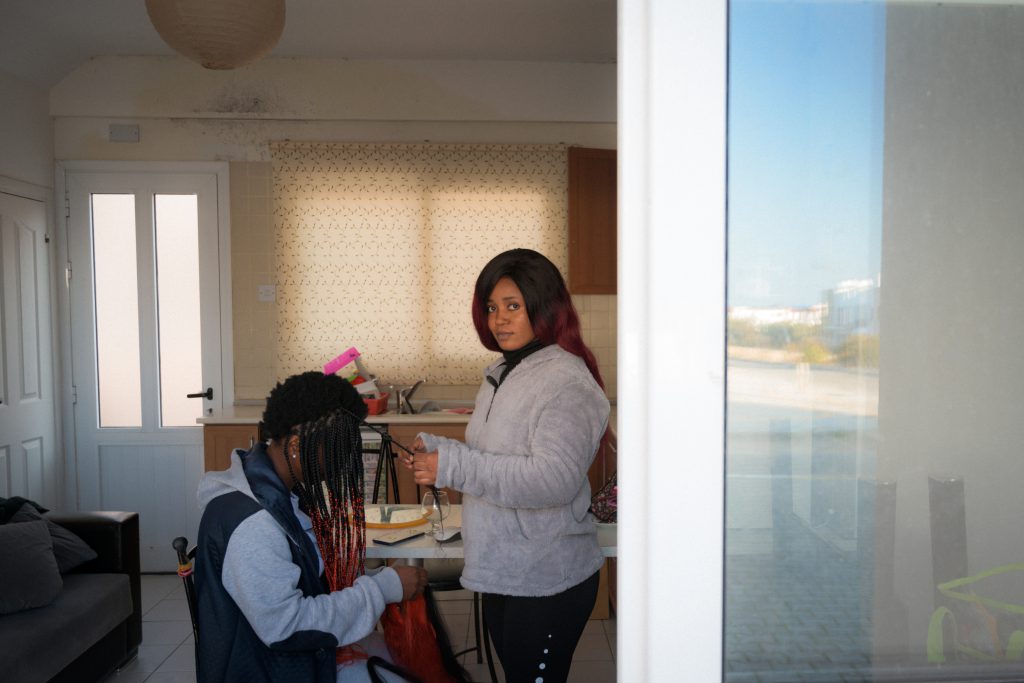
A stranger in the dark
At no moment in my planning did it occur to me that I would feel like an outsider. But a few days upon my arrival in Cyprus, I was anxious to go out to meet locals who neither understood English nor my being. My skin colour, my hair, how I spoke, and even the way I carried myself, seemed to generate some kind of judgement. I hated going out of the house without my sister. Riding on a full school bus, I felt uncomfortable sitting while locals were standing. I felt uneasy when I was alone in any space where there were more locals than Africans.
I remember one dark and wet winter evening, a verbal fight ensued between a bus driver and an African student. The driver had decided to ask only Africans to provide their student cards or to disembark. Then, while looking for a flat, we quickly realised we couldn’t get an apartment due to our skin colour. I was taken aback, but it wasn’t so strange to me. In Kenya too, some landlords prefer renting out property to specific ethnic groups, due to socio-political tensions. How could a place that I had dreamed about for so long now be choking the life out of me?
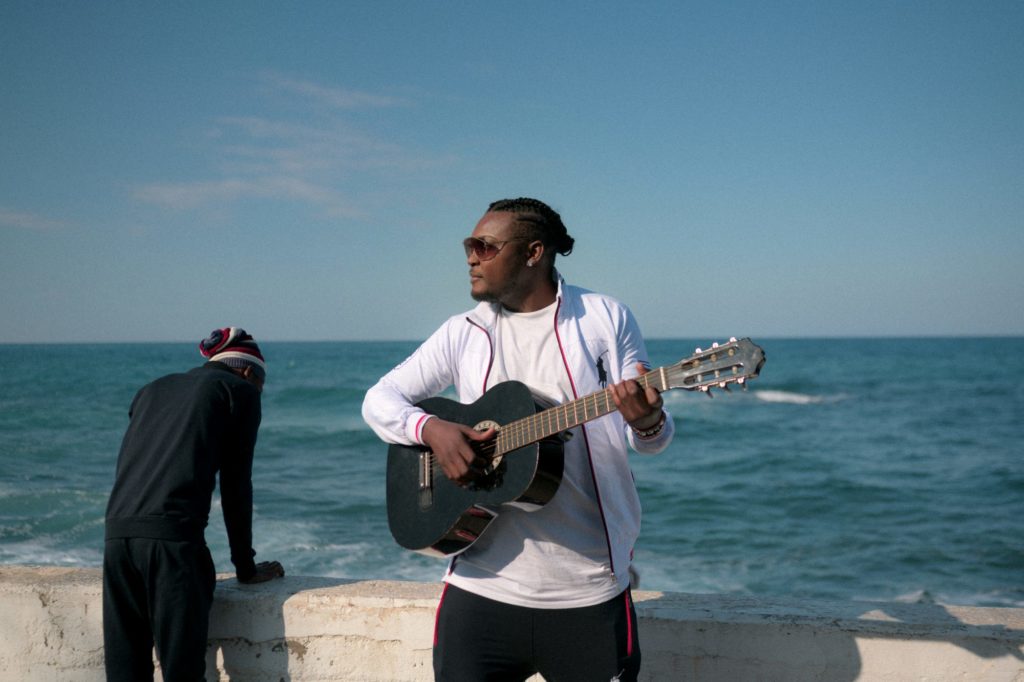
While I was aware of the separation between Cyprus and Northern Cyprus prior to my visit, I did not know the extent of restrictions that come with the official ‘Green Line’ that has divided the island into two countries since the conflict between Greece and Turkey in 1974. The south of the island is called Cyprus, a member of the European Union, while the Northern part, the Turkish Republic of Northern Cyprus (TRNC), isn’t recognised by anyone except Turkey. In my first days on the island, my sister and I visited the old capital, Nicosia, one of the world’s last physically-divided cities. Yet even the beautiful architecture, from the Venetian Walls to the 16th Century Ottoman mosque, cannot hide the scars of the war and the current split.
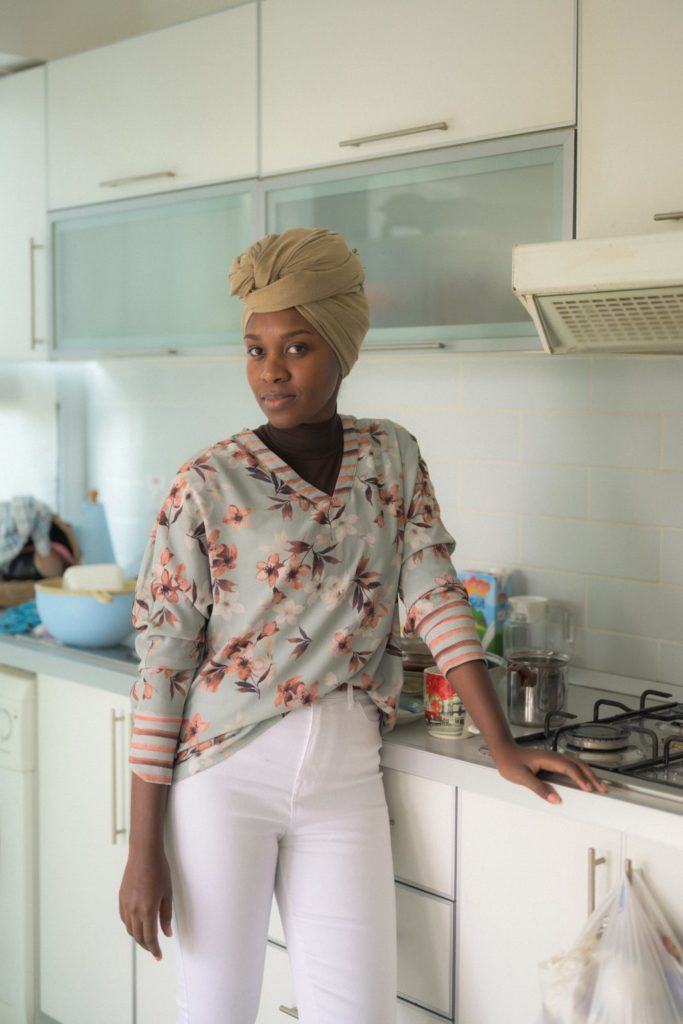
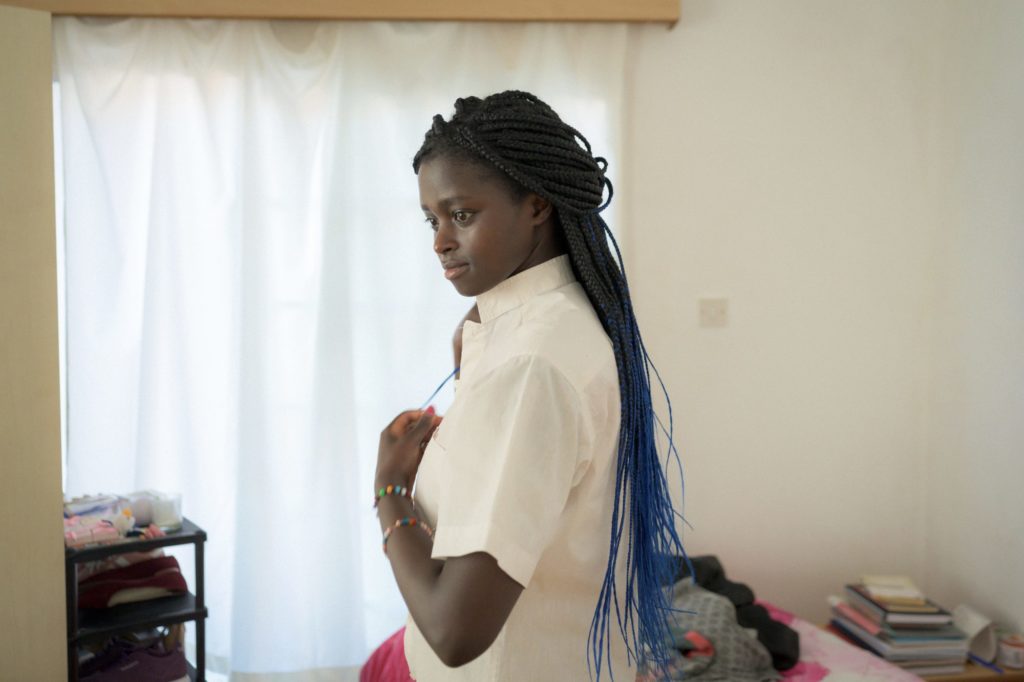
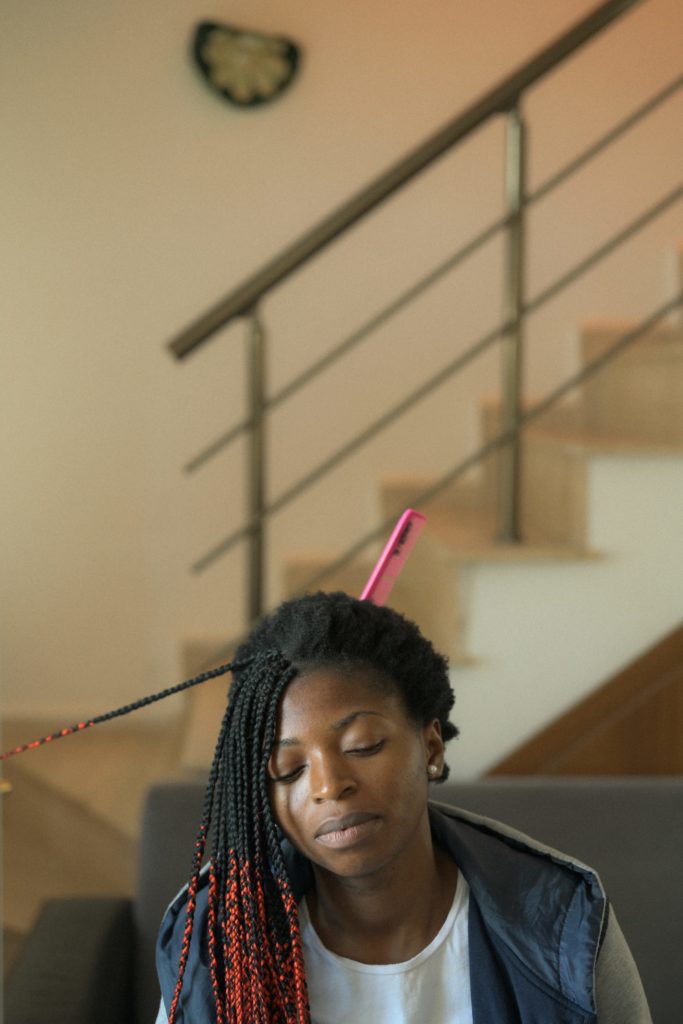
At the edge of the city lies a wire mesh which separates the Greek and Turkish sides of Cyprus: the ‘buffer zone’, is still protected by UN troops. In the capital, men armed with guns stand at checkpoints to ensure only authorised individuals (locals, or tourists with European/American passports or visas) cross over from either side of the island. As for others, people like me, who only have an African passport, or a nationality that isn’t considered as ‘valid’ by authorities, we are just trapped in the North.
Living in limbo
The TRNC is like a state of limbo in Europe: just as the blue waters of the Mediterranean Sea isolate us from the rest of the world, the ‘Green Line’ is a constant reminder that I and other third world citizens cannot cross over, be it to go to church, to do some shopping or to visit a friend.
Over the last two years, I’ve gotten used to the island’s culture, the insistent stares or the cold treatment. I’ve learnt not to take everything to heart. On a good day, I even allow locals to take photos with or of me. In moments like this I act like I’m a celebrity, but I do wonder what they tell their friends and relatives later on. I’ve learned how to prepare some local dishes and even appreciate some snacks like olives and cheese. When I use the washroom, I carefully place waste tissue paper in a special bin even though this is the last thing I want to do, as in Kenya we flush them.
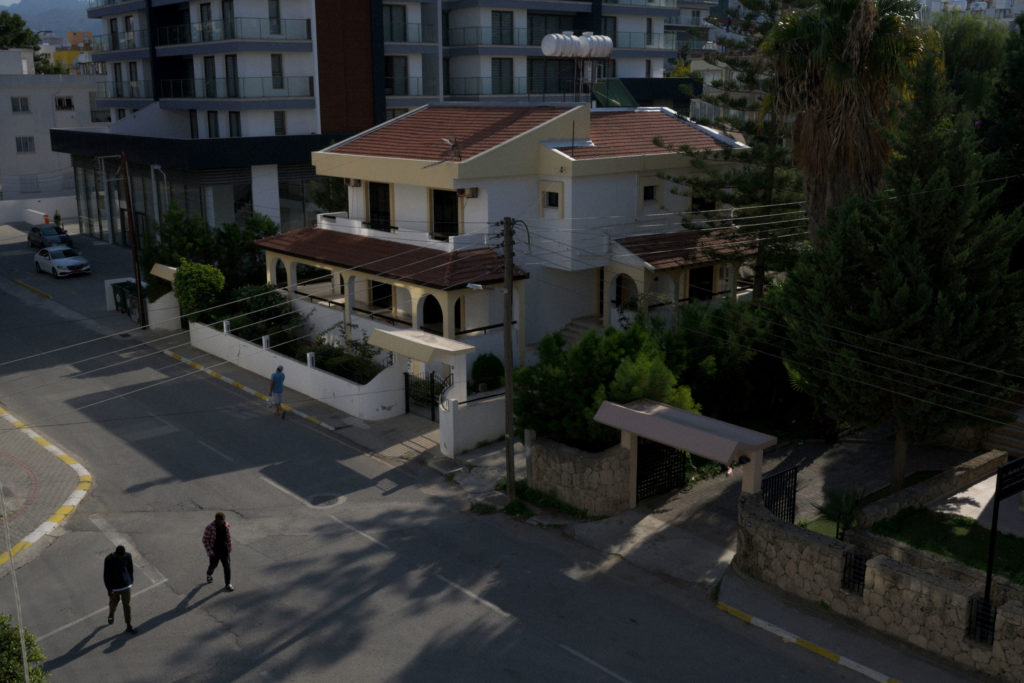
Today, I don’t shy away from interacting with locals even though it takes a while to understand each other in our broken languages. Most of all, even faced with discrimination, I do feel safe. I can walk with my phone tucked in the back pocket of my jeans without a care. In Nairobi, phones and handbags can be snatched from you even in a moving vehicle.
Against all odds, one year ago I met a tall Greek Cypriot man with sparkling hazel eyes. He lives in Limassol, in the Southern part of the island, directly opposite Kyrenia, where I live. Because of the division, my boyfriend has to drive all the way to the capital, crossing the checkpoint every time he wants to see me. Thankfully, where the borders have failed us, the internet has come in to enable us to ‘meet’ and communicate freely. Ours is a long-distance relationship though we only live a few kilometres from one another. As long as the two sides remain at a stalemate, I cannot visit him. It saddens me to see locals struggle with the current situation, with a painful past that still haunts them, and a future that seems bleak. In Kenya, we’re still dealing with ethnic clashes that frequently occur around election periods. These internal wrangles displace people and bring about the loss of property and lives.
The situation in Cyprus sometimes reminds me of Migingo Island on Lake Victoria, at the border between Kenya and Uganda and a long source of tensions between the two countries. Over the years, negotiations to resolve the territorial dispute through a joint Border Commission have yielded no results. However, the two countries agreed to share the island in 2009 with a demarcation line. Perhaps a similar reconciliation could happen here?
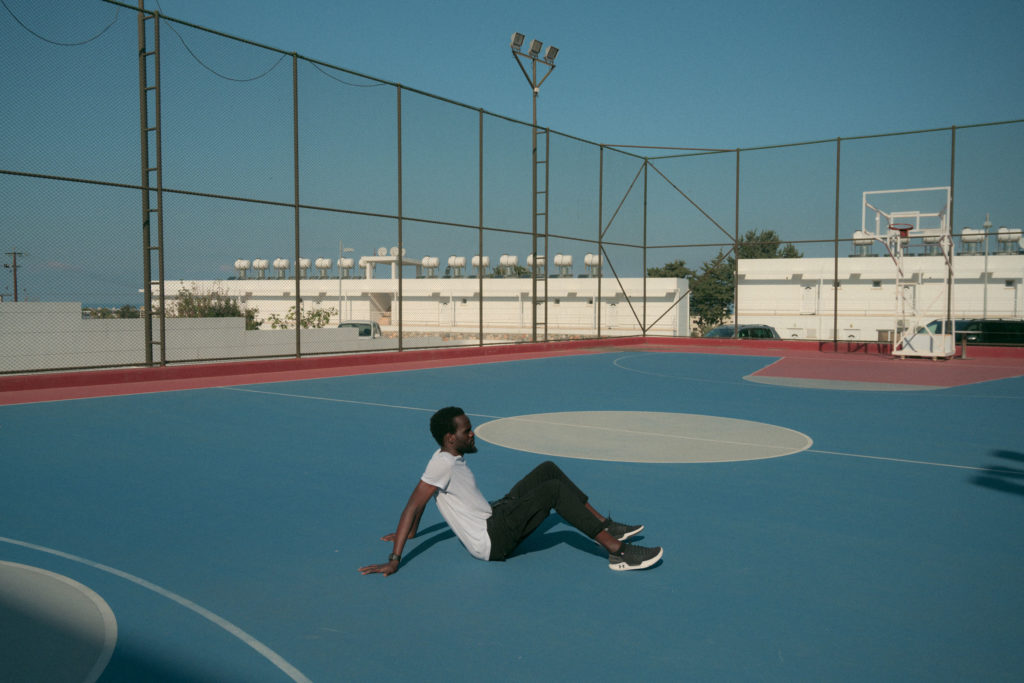
Foreign students in Northern-Cyprus: a good business Approximately 100,000 foreign students are spread out across the universities of Northern-Cyprus. About 20,000 of them are of African descent. Kenyan citizens aren’t required to get a visa to travel to Northern Cyprus. However other Africans, such as Nigerian students, are required to have both a transit visa and a return ticket. On top of these costs, one needs to pay at least EUR 3000 per year for an undergraduate program.
